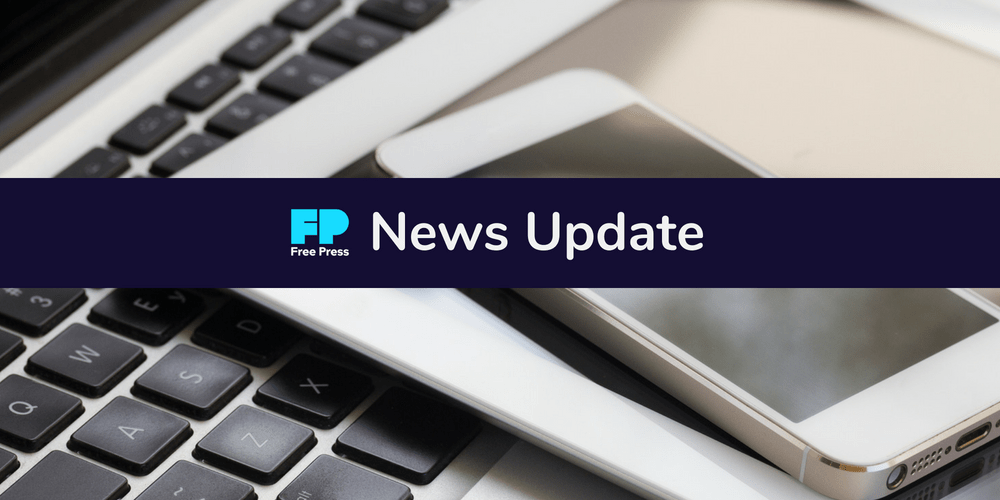Free Press Again Urges the FCC to Restore Title II Oversight and Safeguard an Open Internet

WASHINGTON — On Wednesday, Free Press again urged the Federal Communications Commission to reclassify high-speed-internet access services under Title II of the Communications Act.
In reply comments submitted in the agency’s “Safeguarding and Securing the Open Internet” proceeding, Free Press explained that the FCC’s Title II authority allows it to safeguard Net Neutrality and hold companies like AT&T, Comcast and Verizon accountable to internet users across the United States. There’s a well-documented history of broadband-industry abuses, and internet service providers (or ISPs) still have strong incentives to discriminate in the pursuit of new revenue streams, Free Press states in its filing.
“The record reflects that Title II is vital for internet users and for the economy at large,” read Free Press’ reply comments. “[It’s] a critical tool needed to promote universal deployment and adoption of affordable advanced telecommunications services …. Title II’s duties prohibiting unreasonable discrimination by common carriers are crucial for preserving people’s ability and freedom to speak, connect, communicate, and organize online.”
Free Press notes that under the definitions of the Communications Act, broadband-internet-access service is a “telecommunications service” and not an “information service.” The broadband industry has failed to make any case to the contrary, and placing providers under Title II oversight has withstood prior legal challenges. It’s critical for the FCC to get the law right and reclaim its jurisdiction over essential communications networks.
Free Press also argues that the FCC must use Title II’s common-carriage standard to ensure that broadband-access services enable internet users to transmit the information of their choosing between points of their choosing, without change in the form or content of the information.
“Common carriage and Title II have promoted investment and economic growth by ensuring universal access to a nationwide, fully interconnected infrastructure,” Free Press states. “Because of common carriage, Americans are able to utilize basic communications networks to access other essential services that educate, inform, entertain, and enrich our lives. The principle of non-discrimination at the heart of Title II ensures that entrepreneurs have access to networks they can utilize to innovate, without permission of the network operator.”
By reclassifying internet-access services as a Title II “telecommunications service,” the FCC will provide a solid foundation for open-internet rules, Free Press argues. Reclassification will also restore the agency’s ability to promote universal deployment and adoption of competitive and affordable broadband and protect internet users’ privacy rights.
Background: In September 2023, FCC Chairwoman Jessica Rosenworcel announced the agency’s intention to begin this rulemaking process. It would reverse a 2017 Trump-era decision that abdicated FCC authority over broadband networks and stripped internet users of their right to connect and communicate online without their ISPs interfering or discriminating. Rosenworcel has said that the Trump-FCC repeal “put the agency on the wrong side of history, the wrong side of the law and the wrong side of the American public.”
Since the FCC first took up this matter more than a decade ago, millions of people from across the political spectrum have weighed in. They have called on the FCC to protect the open internet, ensure that just and reasonable broadband services are available and reliable, and stop broadband providers from harming internet users.